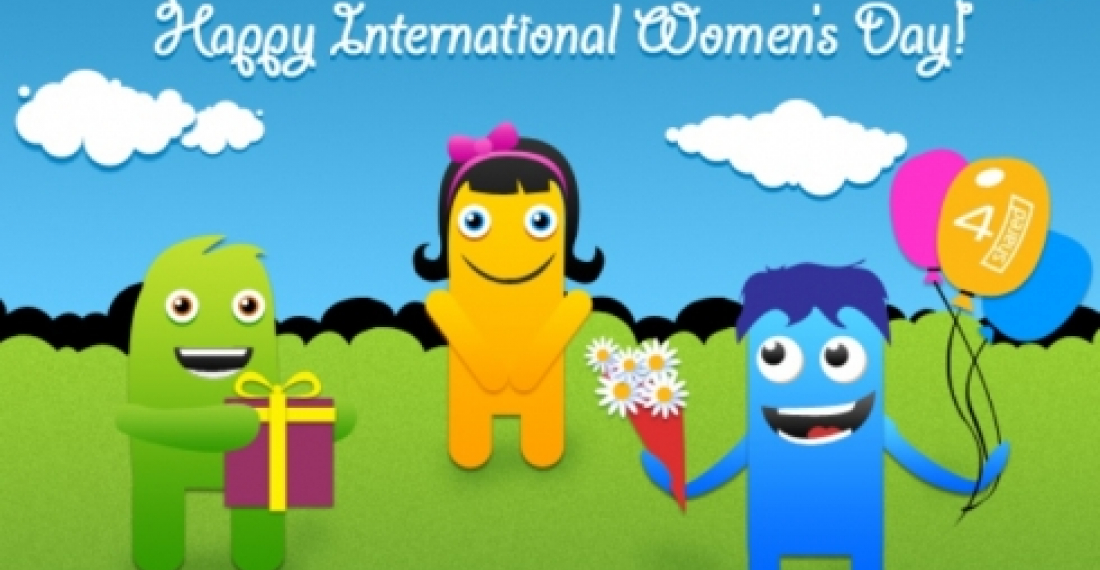8 March is International Women's Year. It is an opportunity for humankind to salute the contribution of women to humanity and to reaffirm their right for respect and equality.
The United Nations Secretary General, Ban Ki-Moon has issued a statement on the occasion. He says:
This International Women's Day, we are highlighting the importance of achieving equality for women and girls not simply because it is a matter of fairness and fundamental human rights, but because progress in so many other areas depends on it.Countries with more gender equality have better economic growth. Companies with more women leaders perform better. Peace agreements that include women are more durable. Parliaments with more women enact more legislation on key social issues such as health, education, anti-discrimination and child support.
The evidence is clear: equality for women means progress for all.
This simple truth must be central as we work to accelerate progress towards the Millennium Development Goals by next year's deadline and craft an agenda for the years beyond 2015.
Important gains have been made in access to primary education for girls and political representation by women. But progress remains far too slow and uneven.
A baby girl born today will still face inequality and discrimination, no matter where her mother lives. We have a common obligation to ensure her right to live free from the violence that affects one in three women globally; to earn equal pay for equal work; to be free of the discrimination that prevents her from participating in the economy; to have an equal say in the decisions that affect her life; and to decide if and when she will have children, and how many she will have.
I have a message for every girl born today, and to every woman and girl on the planet: Realizing human rights and equality is not a dream, it is a duty of governments, the United Nations and every human being.
I also have a message for my fellow men and boys: play your part. All of us benefit when women and girls - your mothers, sisters, friends and colleagues -- can reach their full potential.Together, let us work for women's rights, empowerment and gender equality as we strive to eliminate poverty and promote sustainable development. Equality for women is progress for all!
International Women's Year is an important day in the calander in the Caucasus region, where traditions from the Soviet era of presenting women relatives, colleagues and friends with flowers and small gifts remain hugely popular. The region however also continues to suffer from discrimination against women in many fields, and in public life in particular women do not play a full role. There are very few women in government and in parliament in Armenia, Azerbaijan and Georgia and the situation is even worse in the North Caucasus.Women are also often the victim of domestic abuse.
Many consider that a bigger role for women can contribute to the resolution of many of the problems of the region, including the unresolved conflicts.
The editorial team of Commonspace.eu extends its congratulations to all women on the occasion of International Women's Day. Let us make every day women's day by celebrating daily the contribution of womenkind to humanity, and by re-affirming every day the rights of women for respect and equality.
source: commonspace.eu







